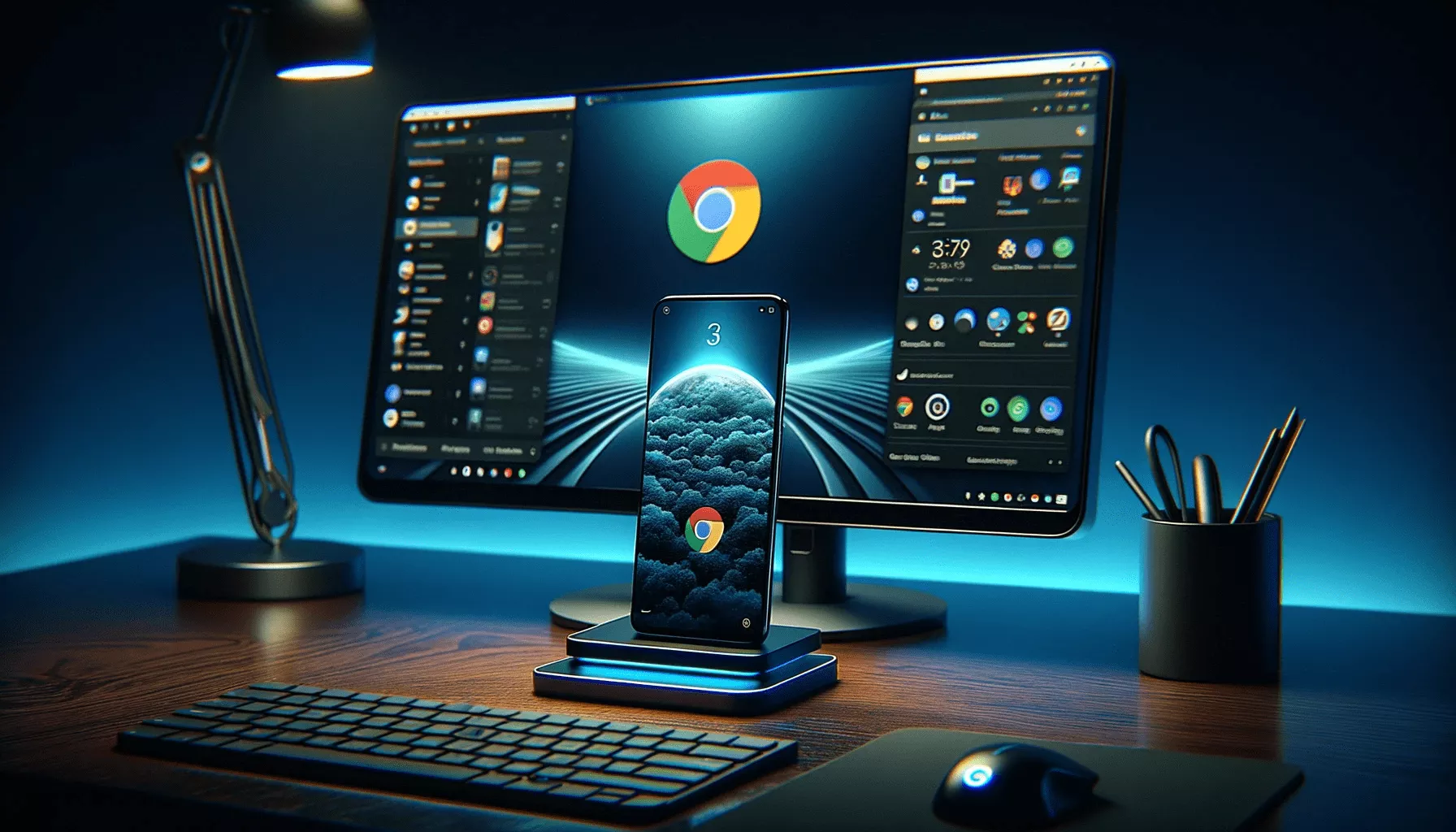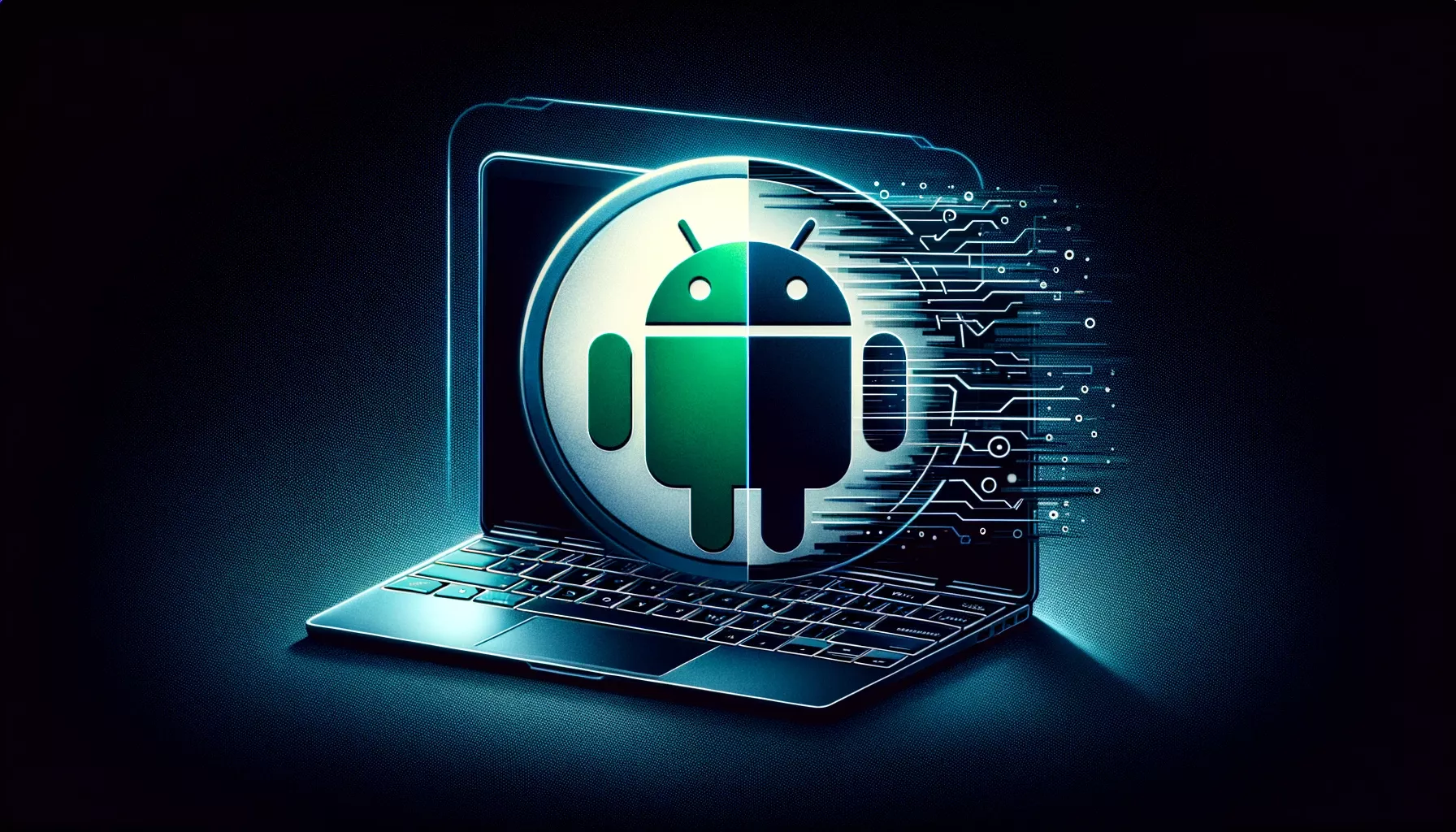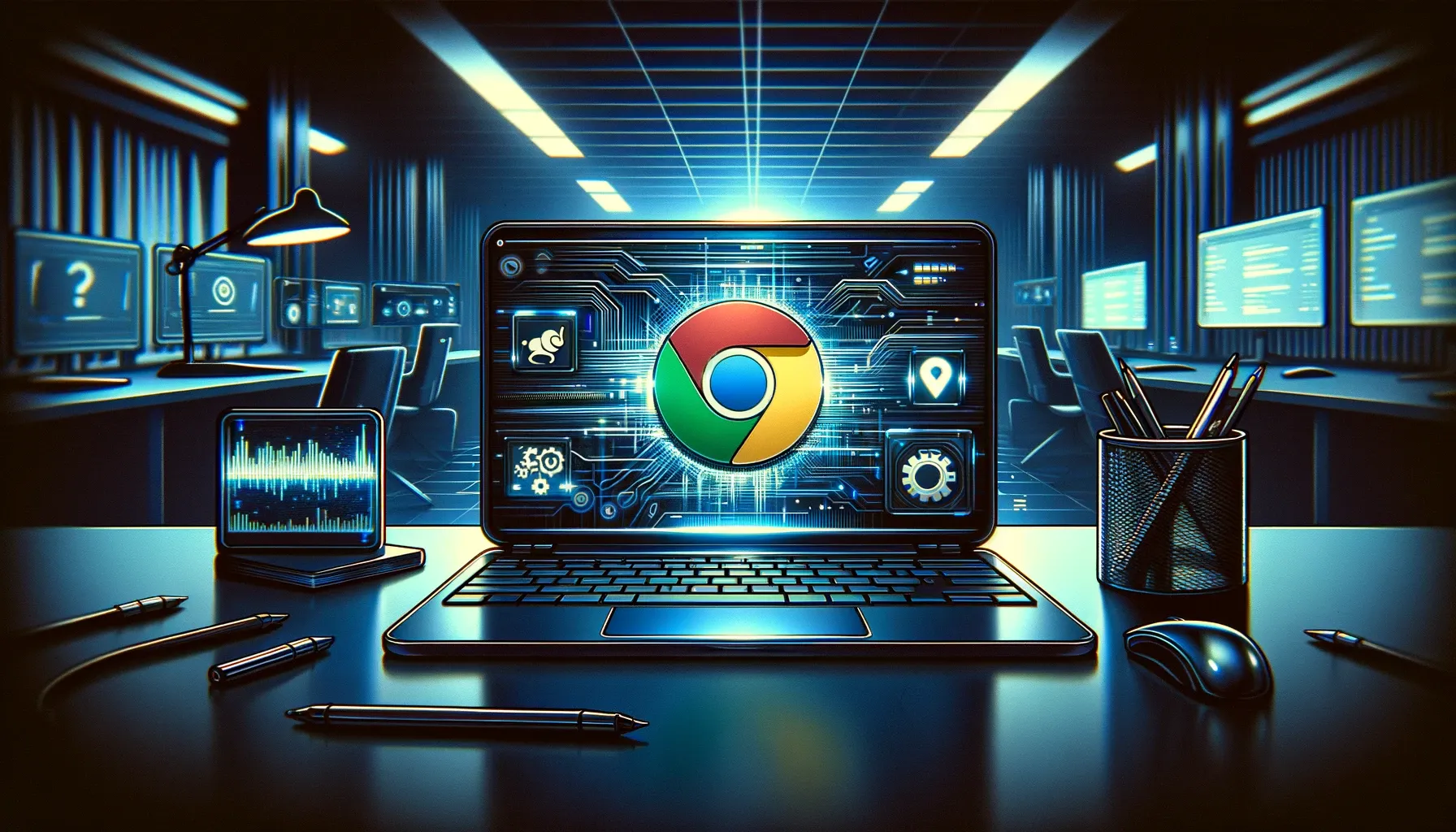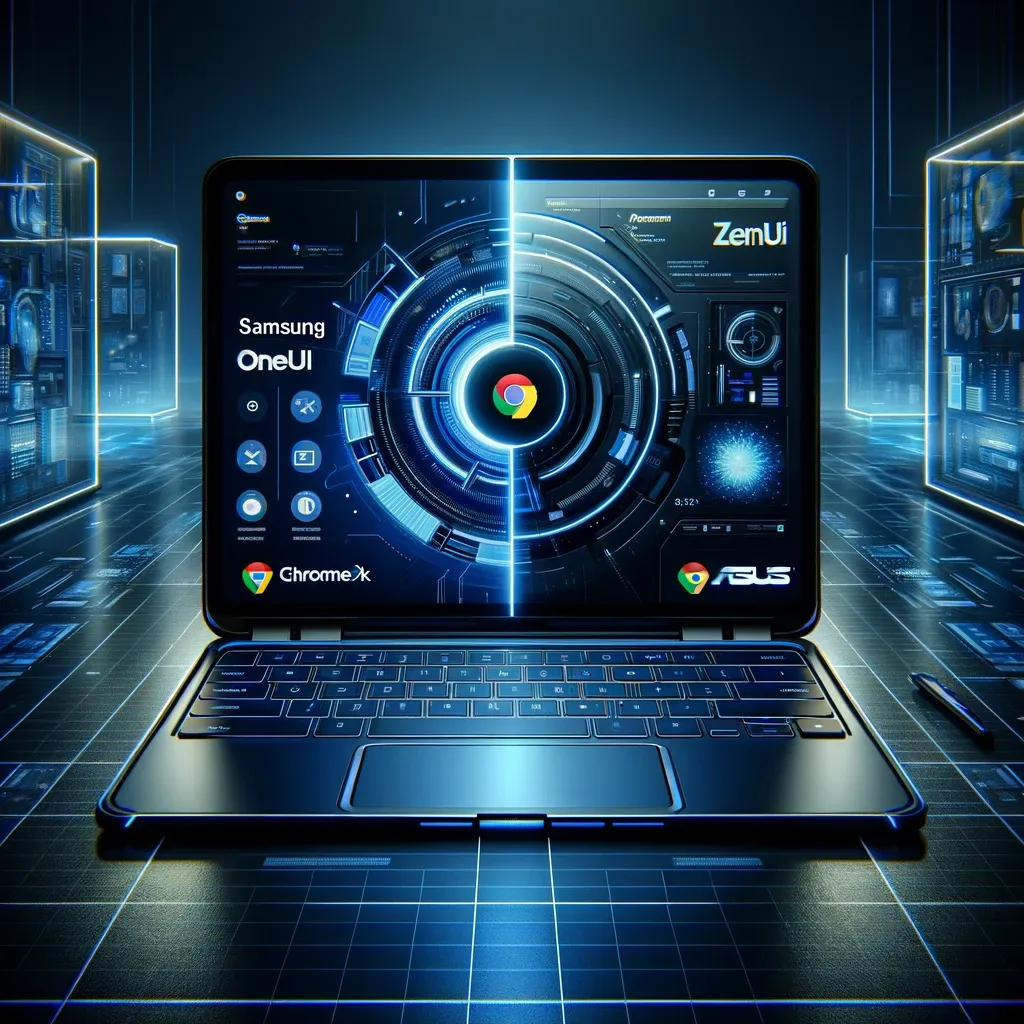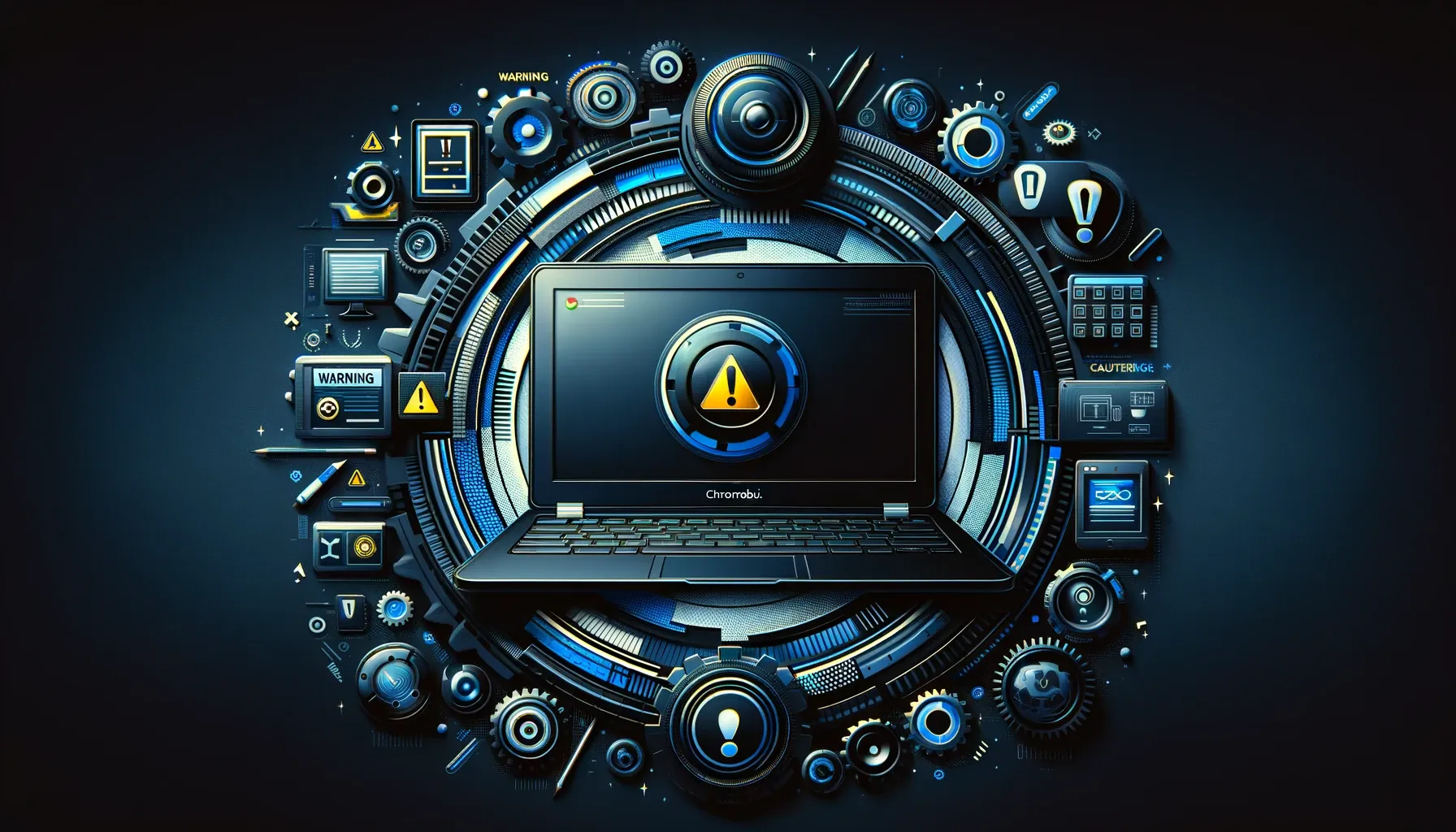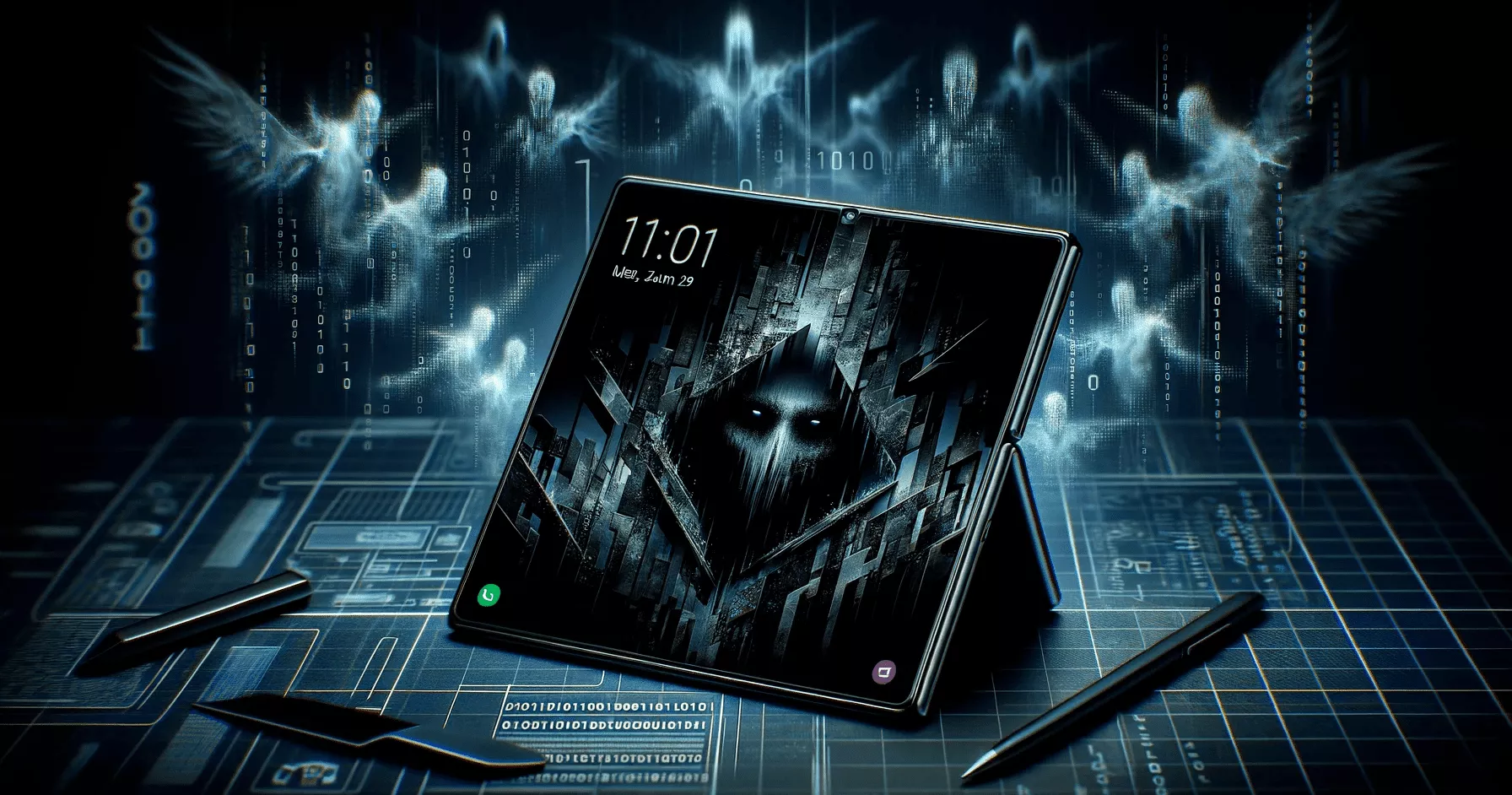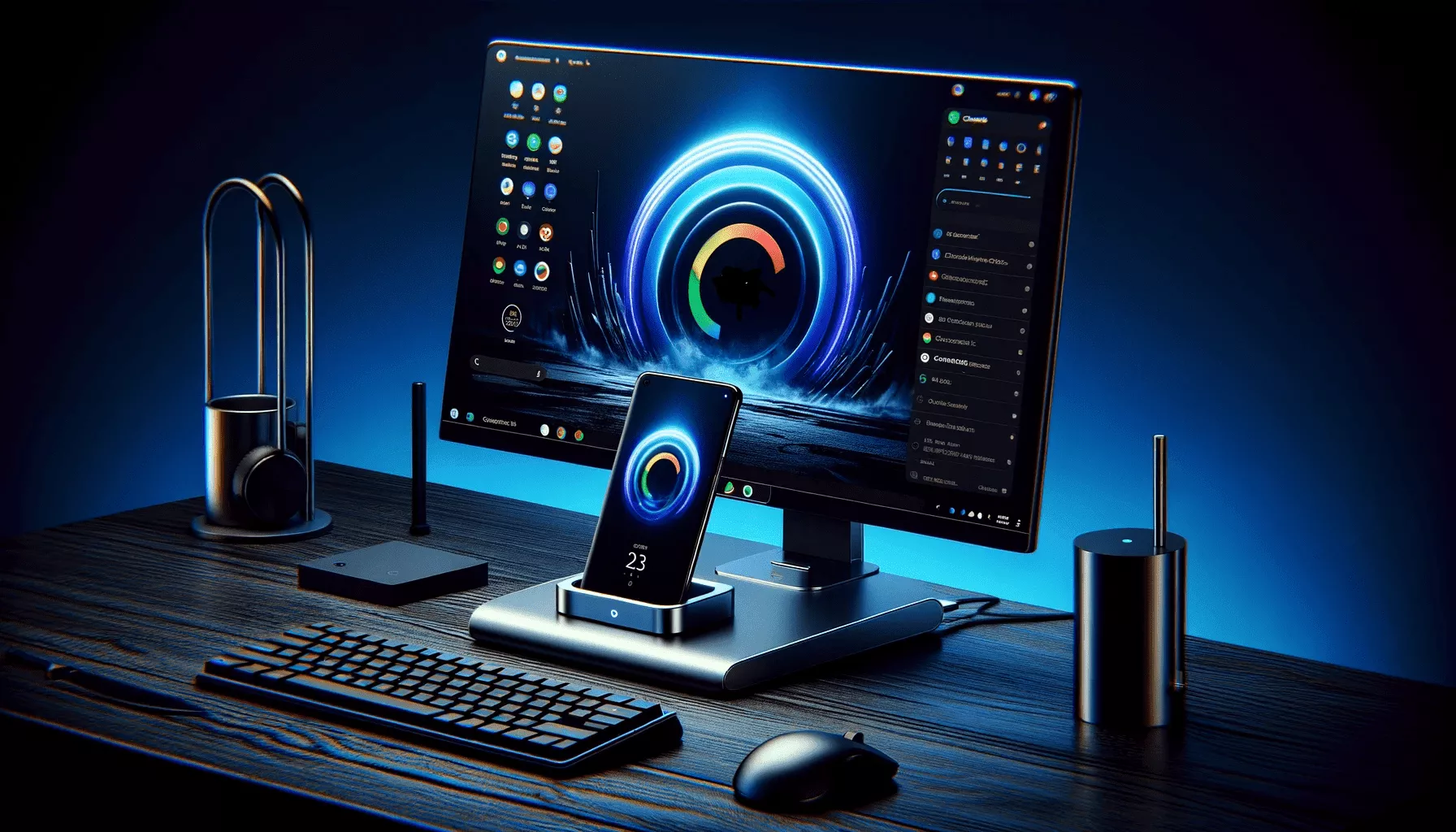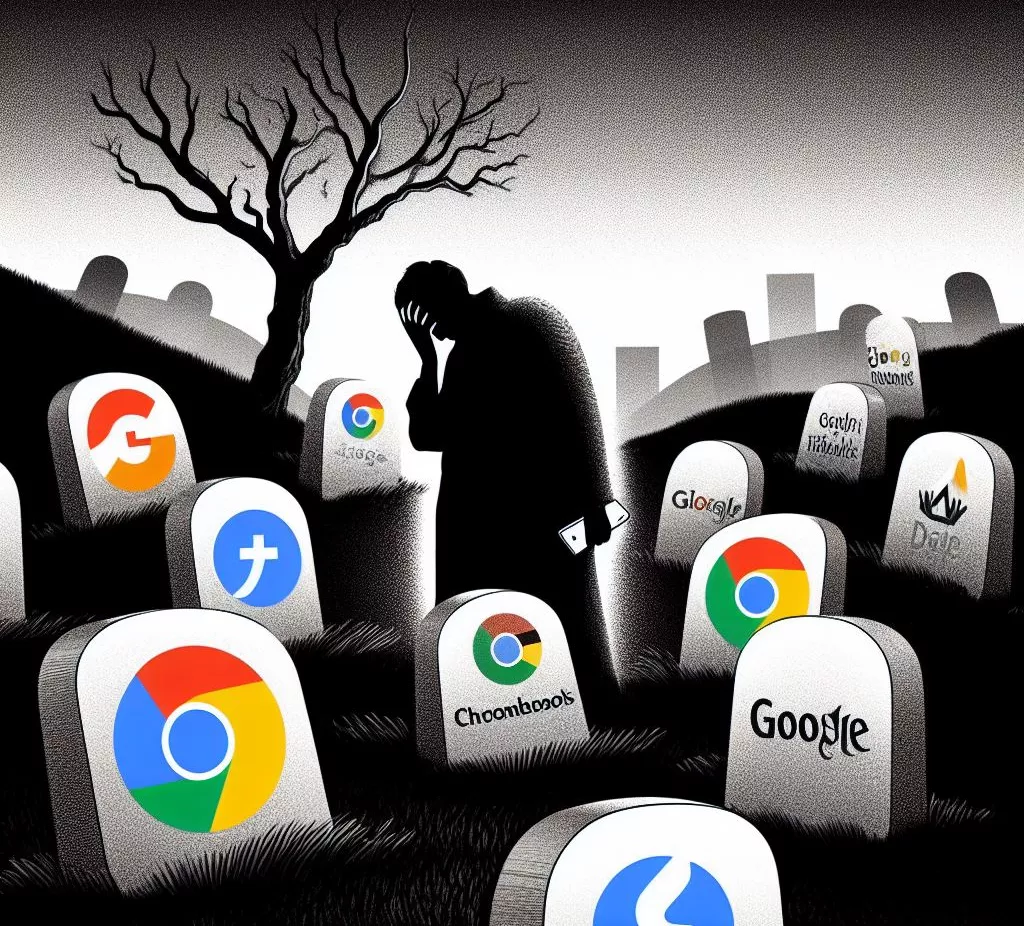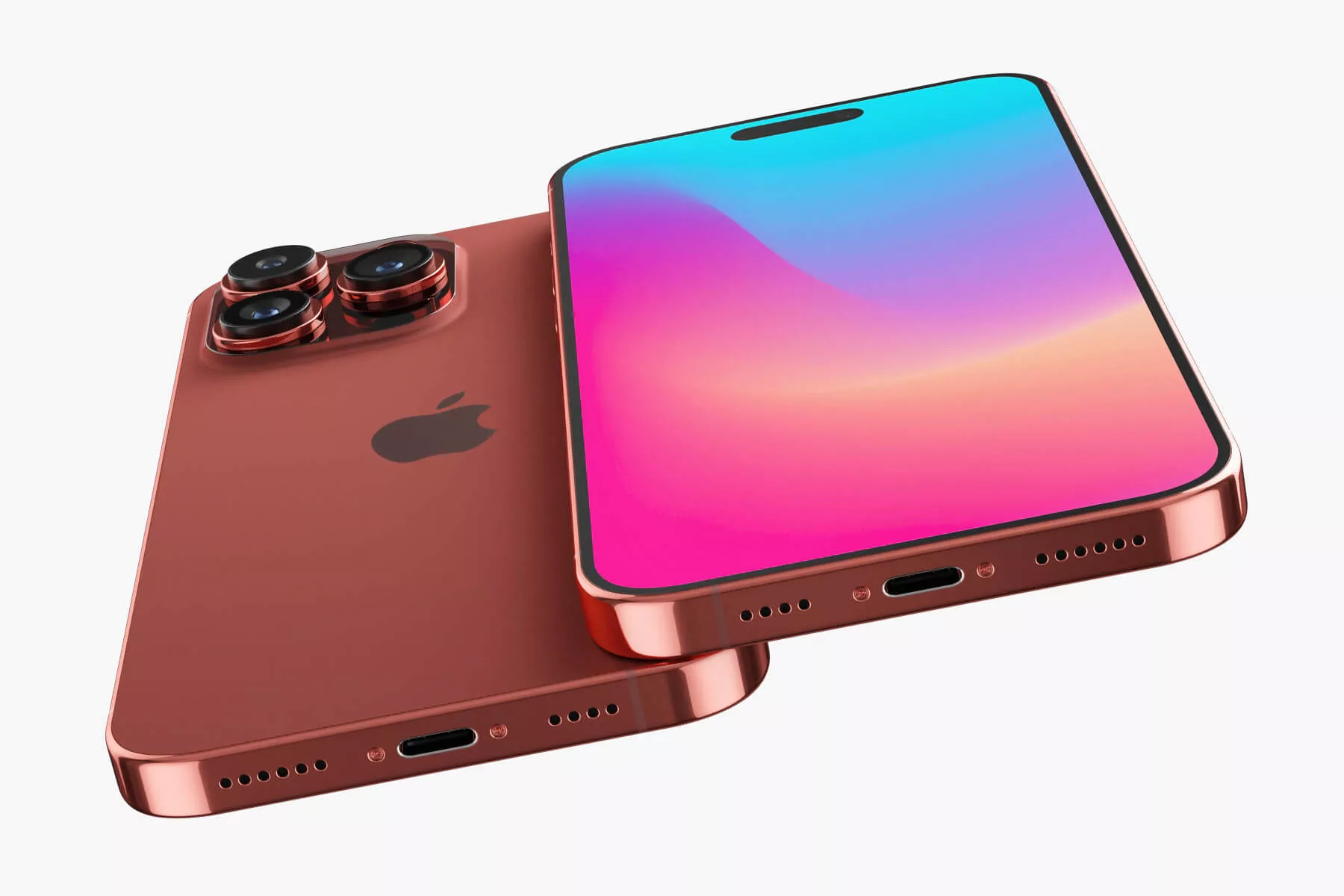The Samsung Galaxy Z Fold 6 Failed To Impress Me - Why I am sticking with my Z Fold 5
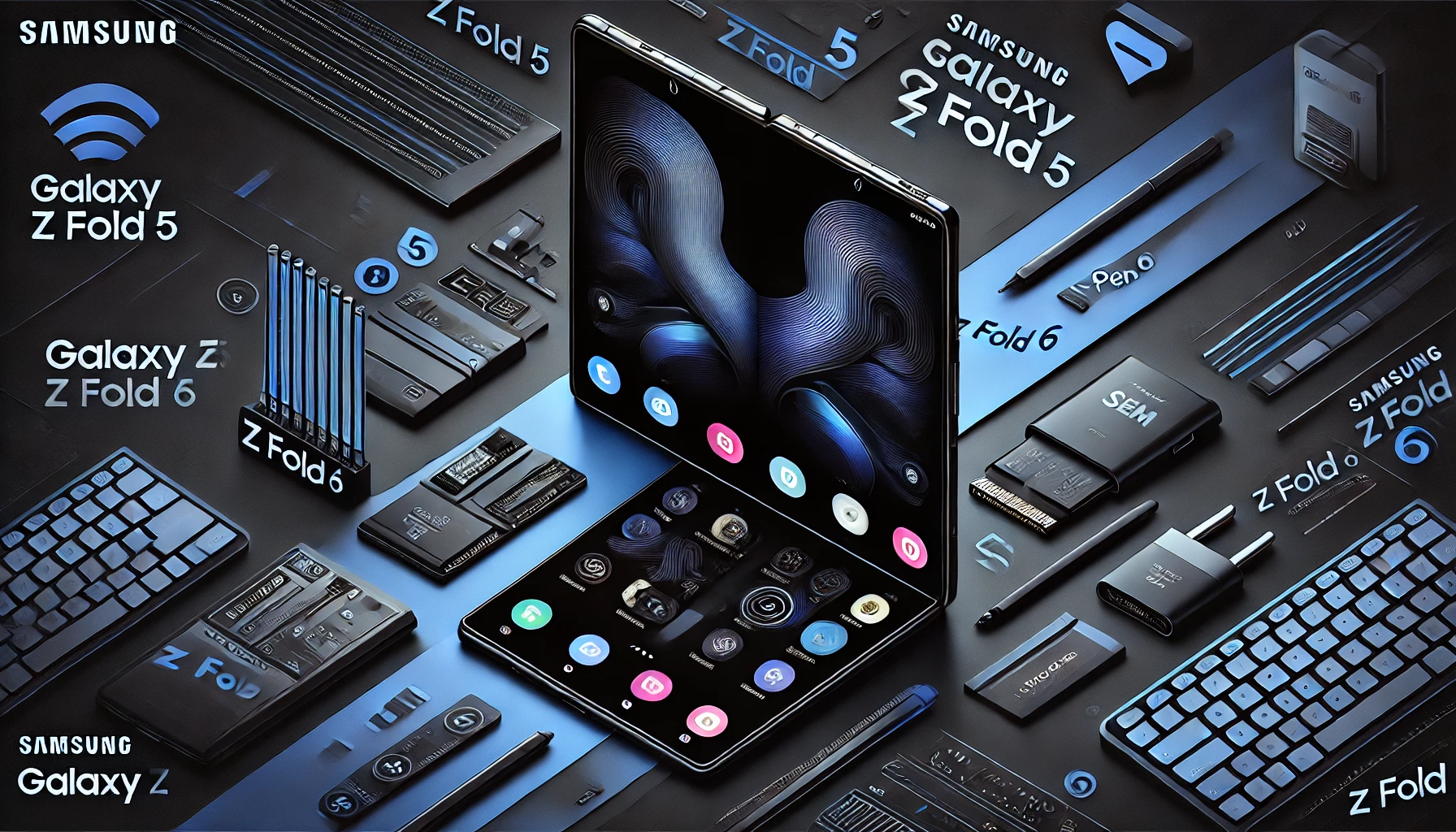
Last Week, Samsung held its annual foldable edition of Samsung Unpacked where they debuted a few new products as well as upgrades to their Samsung Galaxy Z-Fold and Z-Flip line of phones. Samsung hyped up these new devices over the weeks leading up to the event as a generational leap forward in technology, and I was excited to see what Samsung had up their sleeves. I watched the recordings of the event after I finished my workday and was largely underwhelmed by the upgrades. AI Gimmicks aside, there are no real reasons for me to upgrade from my battle tested Z-Fold 5 to the new Z-Fold 6. There is a lot more Samsung could have done to sway me but it seems they choose to go with minor improvements instead of the promised "generational" leap. If Samsung wanted me to upgrade from the Fold 5 to the Fold 6, here are some things I would have loved to see.
